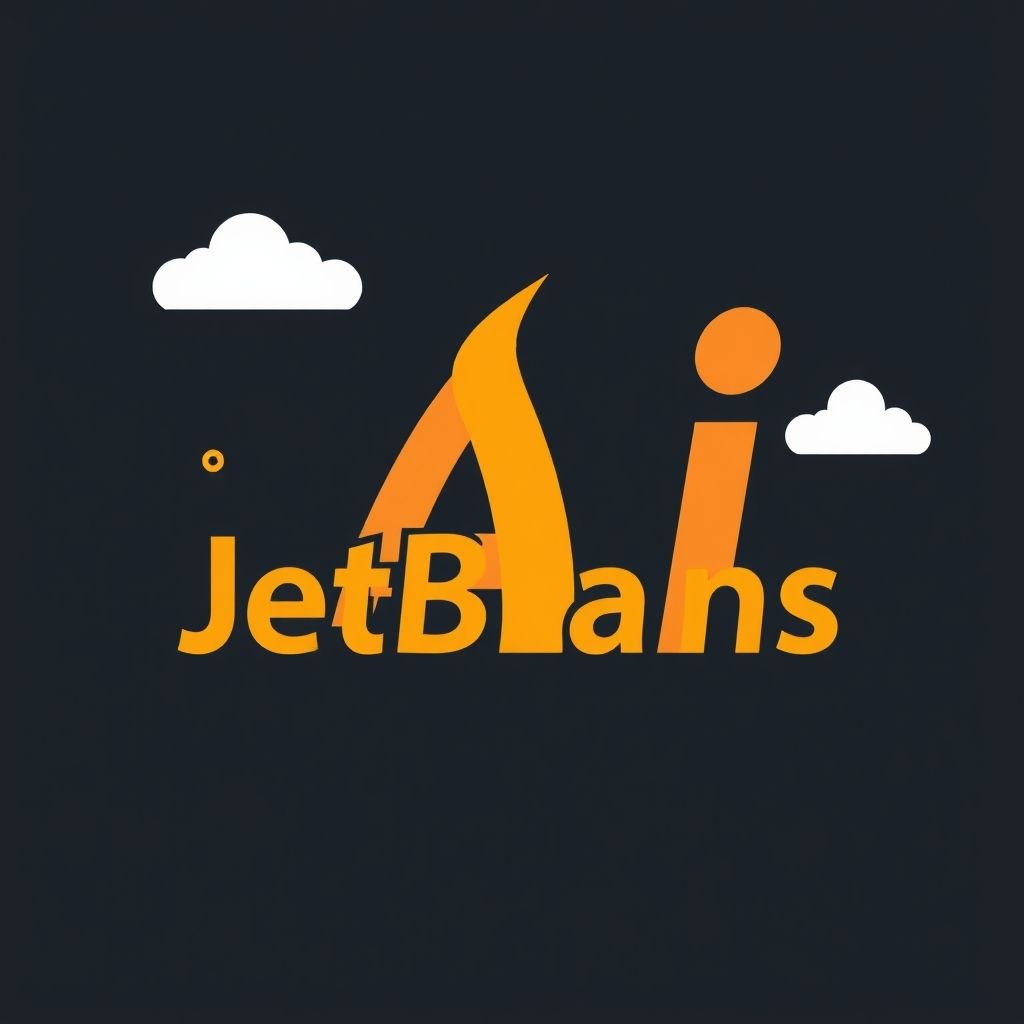
JetBrains rolls out major updates to its AI Assistant
JetBrains boosts AI capabilities across IDEs with expanded free access and smarter features
JetBrains has launched a major update to its AI-powered development tools, making core AI features more accessible and introducing notable improvements in intelligence and usability. This comes shortly after the company announced it will discontinue Aqua , its specialized IDE for test automation, due to lower-than-expected adoption.
The most significant change is the launch of a new free tier for JetBrains AI , opening up previously premium features to all developers. Previously, cloud-based AI functions were limited to paid subscribers, but now users can access key capabilities at no cost. The updated subscription model unifies AI Assistant and Junie under one plan, offering three tiers: Free, Pro, and Ultimate.
To clarify the difference between the two tools:
- AI Assistant works reactively, providing real-time suggestions, explanations, and code snippets based on your current context.
- Junie operates more autonomously, capable of handling multi-step tasks like planning, coding, and testing across an entire project.
With the 2025.1 IDE update , all users can now enjoy unlimited code completion and support for local models—meaning you can use some AI features offline via platforms like Ollama or LM Studio . The free tier also includes a limited quota for cloud-based AI features powered by third-party models.
For existing subscribers of the All Products Pack or dotUltimate bundle , there’s added value: AI Pro tier access is now included at no extra cost , offering higher quotas for advanced tools such as multi-file editing, code generation, refactoring, unit test creation, and commit message suggestions. JetBrains says eligible users who already purchased AI Pro separately may be able to double their quota or request a refund. A standalone AI Ultimate tier is also available for those needing even more usage capacity.
This update brings notable enhancements to the AI Assistant:
- Improved context awareness : It now better understands your full project using retrieval-augmented generation (RAG) , pulling in relevant files, methods, and classes to provide smarter responses. It also considers recently opened files for more accurate suggestions.
- File control : Users can now manage what content the AI sees by manually adding or removing specific file attachments.
One of the standout new features is multi-file edits in beta , available in edit mode. This allows the AI Assistant to propose changes that span multiple files—ideal for large-scale refactorings or feature implementations. Using RAG again, the AI identifies which files are most impacted by your requested change, improving accuracy and efficiency.
JetBrains is also enhancing the AI Assistant’s ability to pull insights from beyond your local codebase. The Model Context Protocol (MCP) , now in beta, enables the assistant to securely connect to external data sources and tools through MCP servers. This opens the door for integrating context from third-party applications, external file systems, or web APIs—giving the AI a richer and more contextual understanding of your development environment.
In addition, a new /web command has been added to the AI chat, allowing developers to search for documentation, troubleshooting guides, and other online resources without leaving the IDE. This feature helps streamline workflows by cutting out the need to switch between tabs for quick reference searches.
For developers who prefer working offline or using local AI models, JetBrains has introduced an offline mode in this update. This feature allows you to continue using essential AI functions — such as chat, code generation, commit message suggestions, and inline documentation — without an internet connection, thanks to support for tools like Ollama and LM Studio .
In addition, JetBrains has broadened the range of available large language models in the AI chat interface. Users can now choose from more advanced and up-to-date models, including Claude 3.7 Sonnet , Gemini 2.5 Pro , and OpenAI’s GPT-4.1 , giving them greater flexibility and power when working with AI-assisted development.
To enhance privacy and give users more control, the AI Assistant now supports the .aiignore file. Similar to .gitignore, this feature allows you to define specific files or directories that JetBrains AI should exclude from its processing. This helps protect sensitive data and keeps irrelevant files—like build artifacts—out of the AI’s context, ensuring a more secure and focused experience.





